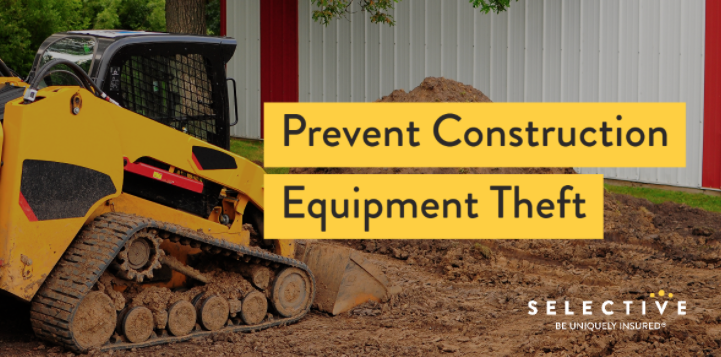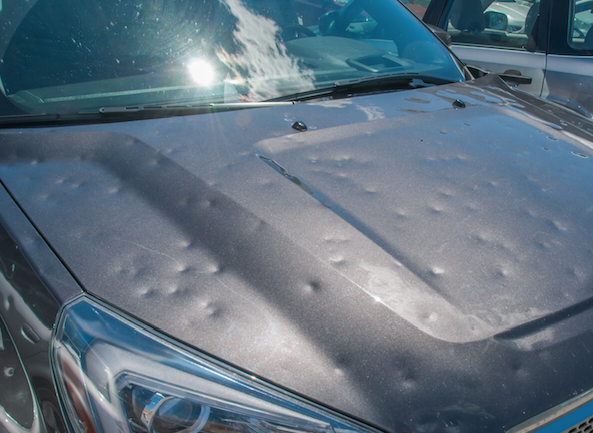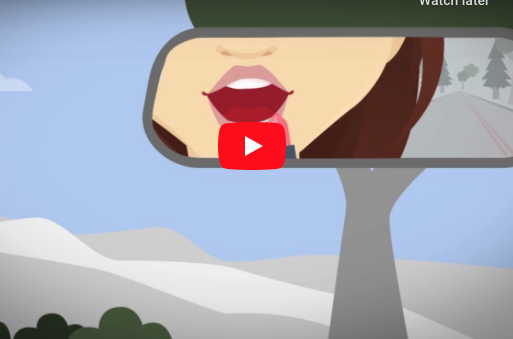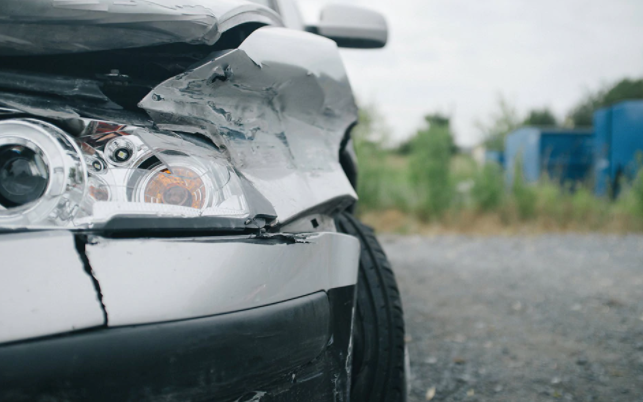Are Your Driving Skills Good Enough?
As with any skill, expert guidance can help keep you at the top of your game. And when it comes to driving, this is particularly important because it impacts your safety and the safety of others.
Almost anyone can benefit from a comprehensive driving evaluation conducted by a professional, such as an occupational therapist. And it’s the best way to identify any specific changes necessary to improve your driving safety.
Many older adults make adjustments to when and how they drive in order to compensate for physical and cognitive changes that they experience as they age – and to remain safe behind the wheel and keep others safe. This is a very wise strategy. And many who experience significant health issues or physical limitations – including fairly severe problems – can sometimes drive safely.
Often those who have suffered a medical incident such as a stroke, or who have a chronic medical condition like multiple sclerosis, can stay behind the wheel or even resume driving if they’ve stopped. The key is to find out about yourself – and your individual ability to drive safely.
Reasons to Consider a Driving Evaluation
- If you feel your driving continues to be fine, you may appreciate having your opinion seconded by a professional with the background and experience to verify your confidence.
- If you are “feeling your age” – not seeing quite as well as you once did, experiencing slowed reaction time or a loss of flexibility – you may benefit from knowing whether or how much these changes may affect your new strategies or tips to keep your driving skills sharp.
- If you have one or more medical conditions – chronic diseases such as arthritis or diabetic neuropathy, or physical limitations that may lead to a loss of range of motion, flexibility, or strength in your arms or legs – you may also benefit from an evaluation. Moreover, an evaluation may provide you with a plan for rehabilitation, if appropriate.
- If you have suffered a loss of peripheral vision, depth perception, or other vision related change, a driving evaluation would be most helpful.
- If you have been told that you should stop driving, but you’re not sure that you agree, you could benefit by getting an opinion from a comprehensive driving evaluator. The evaluation is an extremely thorough process; you will get a recommendation that takes a complete picture of your driving skills and abilities into account. It will include an assessment of your current driving ability and your potential for improvement.
- If you would like to resume driving after a period of non-driving, you could benefit from getting a driving “checkup.” For example, if you stopped driving after an illness such as a stroke, an evaluation could show you what effects, if any, the stroke had on your ability to drive safely. It could also point out strategies, rehabilitation therapies, or special equipment that could help you drive safely again. People sometimes find that, after a period of recovery time, some coaching and retraining can help prepare them to get back behind the wheel.





























